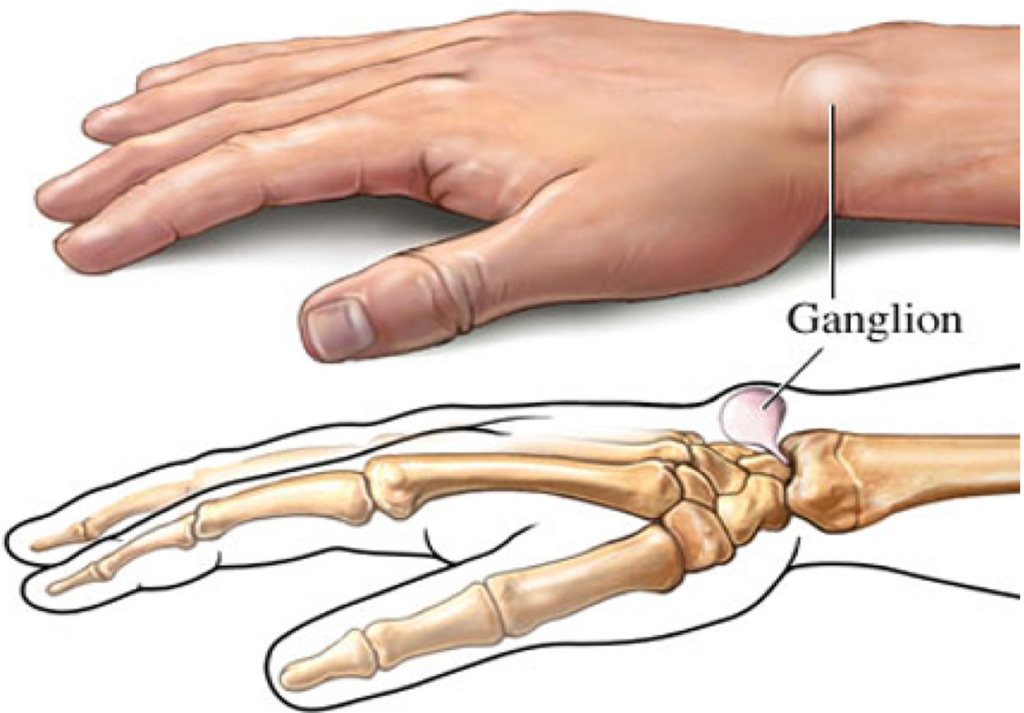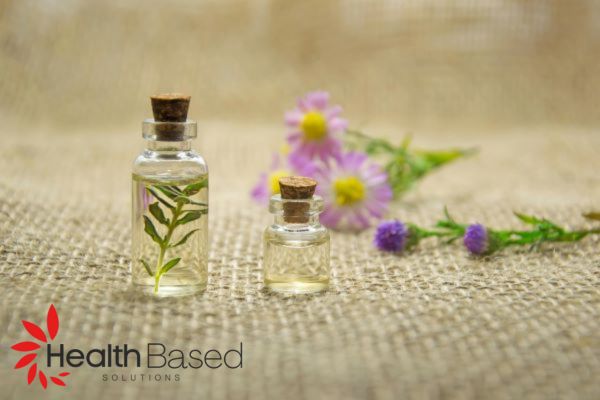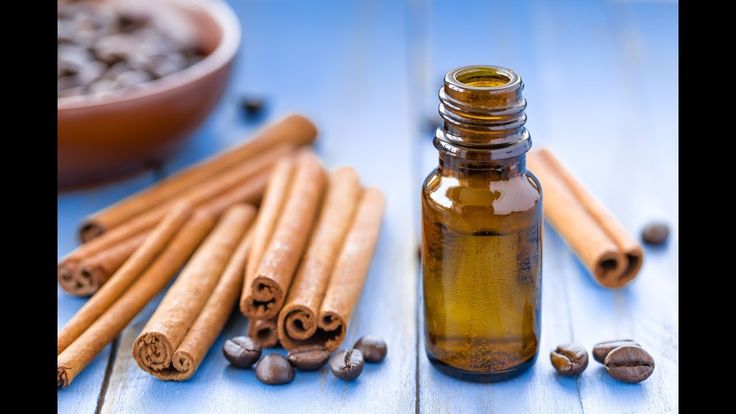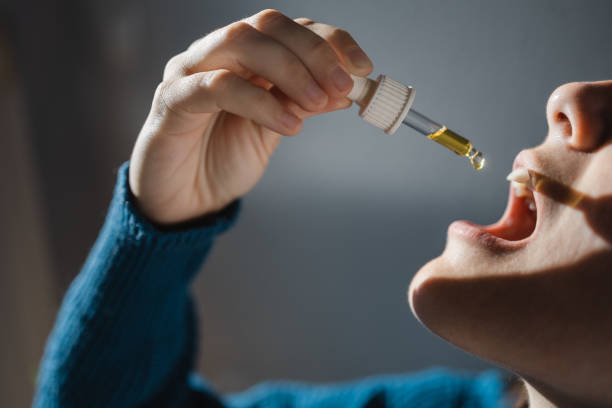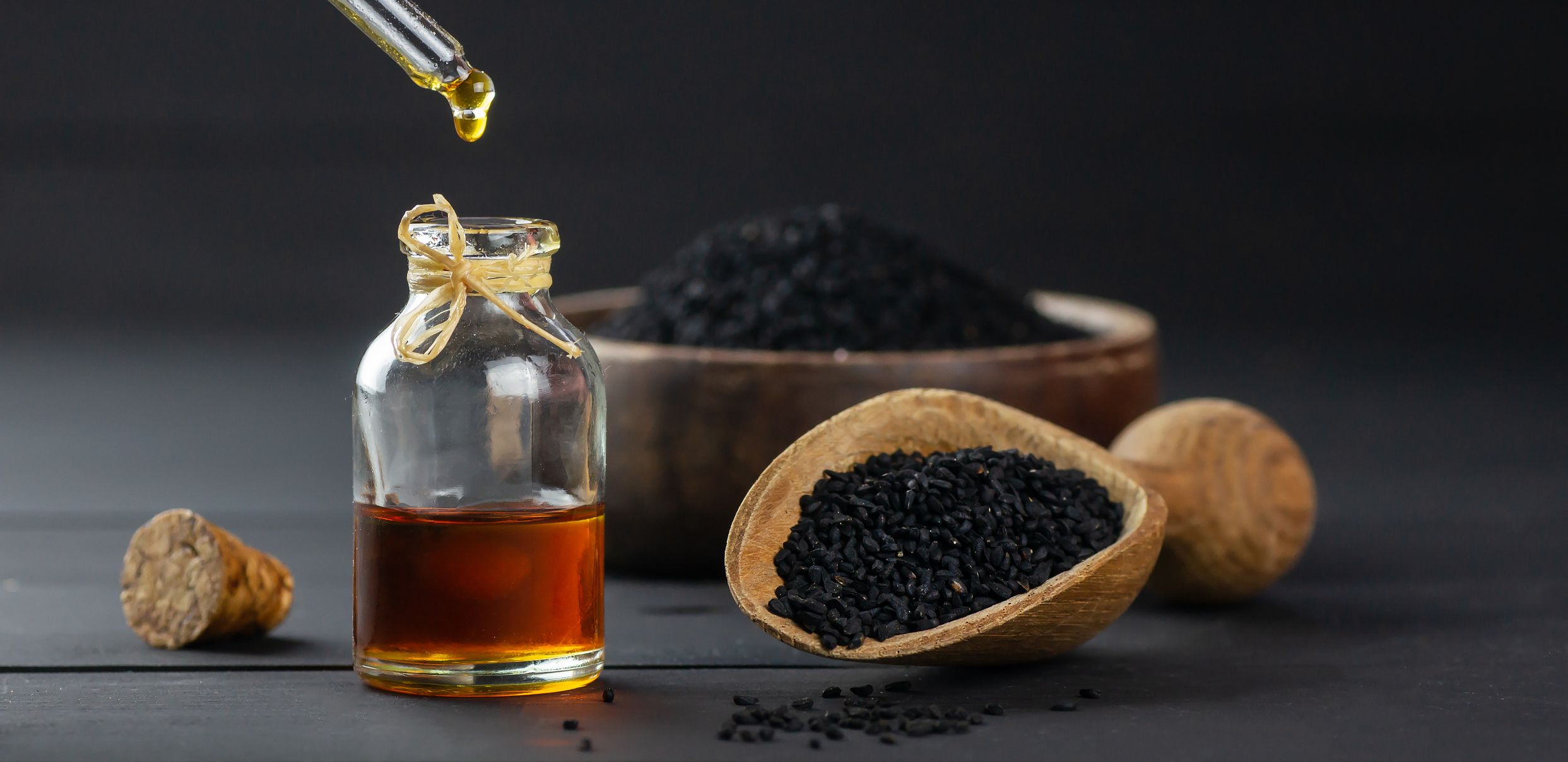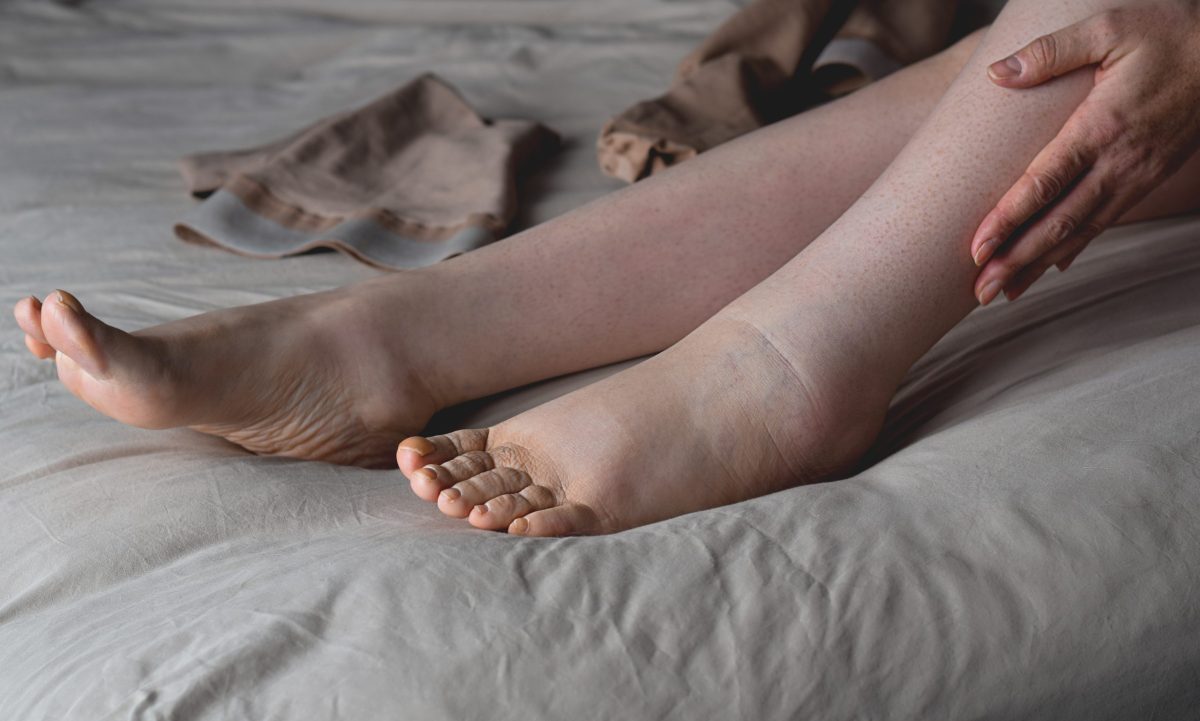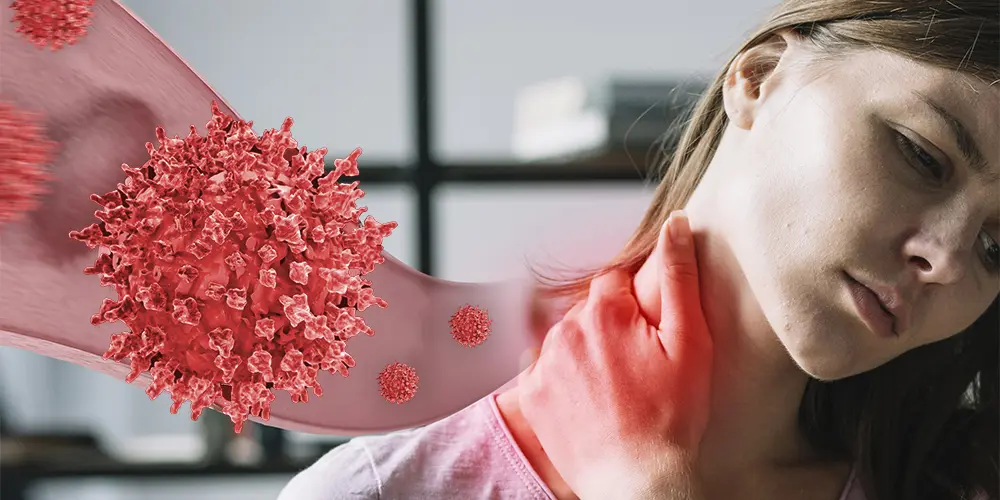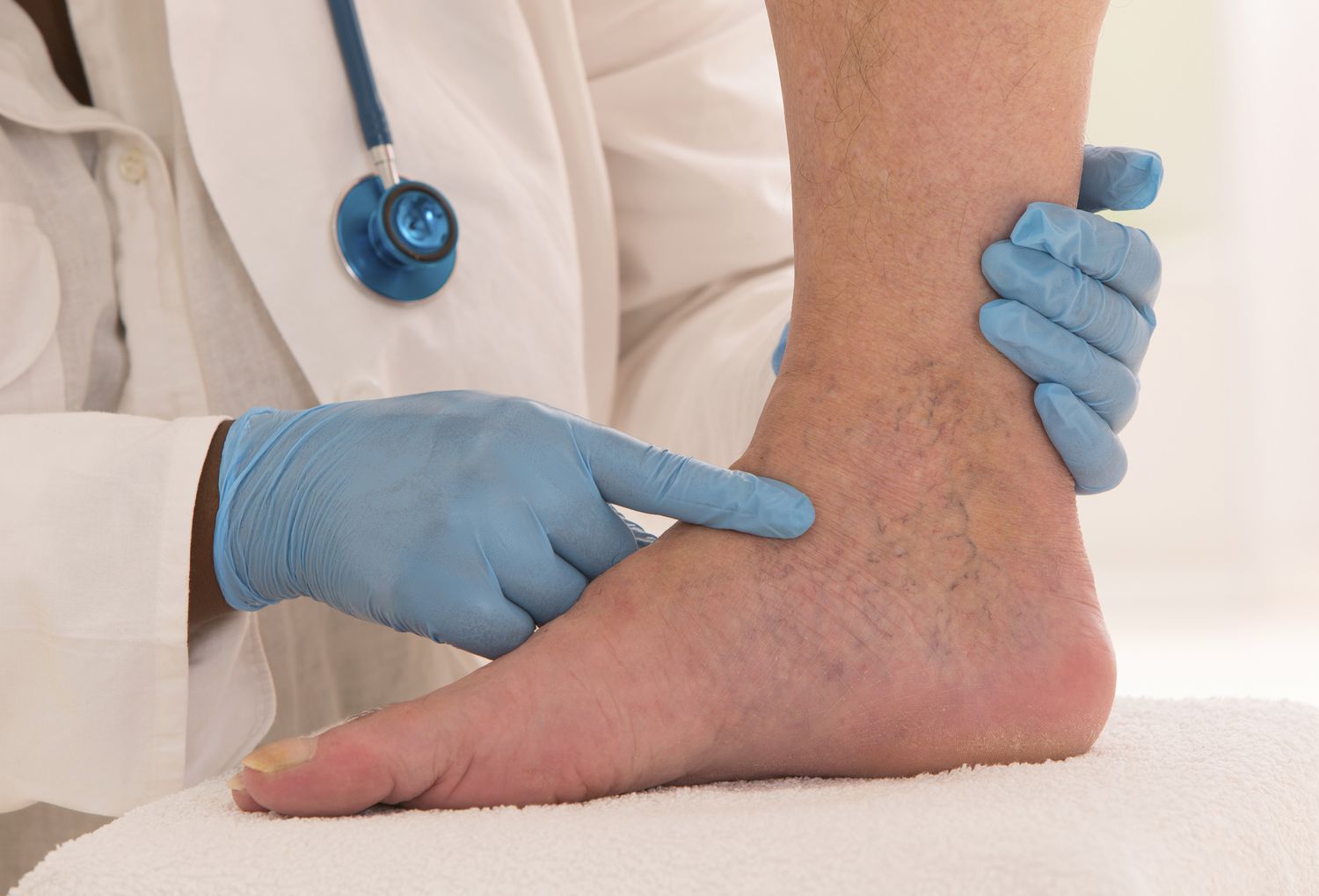Ganglion cysts are benign (non-cancerous) and appear around your tendons and joints. They mostly develop on your wrist or hands but can also appear on the feet and ankles.
Ganglion cysts are filled with a jelly-like liquid and can vary in size. Health experts could potentially, associate these cysts with vitamin deficiencies like C, D, E, B12, and E. The deficiency of these essential vitamins may lead to the formation of ganglion cysts, as they play a crucial role in maintaining the joints.
In this article, we will explore understanding ganglion cysts related to vitamins deficiencies, their treatment options, and how a balanced diet rich in these vital vitamins may support maintaining joint integrity. We will also provide you with all the facts about how lifestyle changes with medical treatment can facilitate, or faster healing.
What are Ganglion Cysts?
Ganglion cysts are non-cancerous and often come out with raised development. They typically don’t lead to severe health problems. However, with ganglion cysts, you may feel discomfort or difficulty in mobility, but it depends on their location and size.
How Common are Ganglion Cysts?
Anyone can get ganglion cysts, but they are most commonly present in females between the ages of 20 to 50 years.
Ganglion cysts comprise 60% to 70% of the soft-tissue masses found in the hand, wrist, and foot.
What are the Symptoms?
Identification of the ganglion cyst is very important to diagnose the condition. These symptoms are:
- A prominent lump (may be hard or soft)
- Numbness or tingling (if the cyst is compressing a nerve)
- Pain or discomfort, especially when moving with the joint
- Difficulty in moving with the impacted joint
If you experience these symptoms immediately set an appointment with your healthcare provider for accurate diagnosis and treatment.
How do Healthcare Providers diagnose Ganglion Cysts?
Your healthcare provider may perform diagnosis such as
- Physical examination, where your healthcare provider will examine your lump’s shape, size, and whether it moves freely.
- Ultrasound by which they see the cyst’s fluid nature.
- MRI Scan, MRI (magnetic resonance imaging) is used to view details because ganglion cysts are not visible on the skin.
- Aspiration, is not only a tool used for diagnosis but also a potential treatment method by eliminating fluid from the cyst.
The Connection between vitamin Deficiency and Ganglion Cysts:
The Role of Vitamin Deficiency:
The role of vitamins in ganglion cysts is a topic of growing interest in health research. As we know vitamins are important for maintaining your muscles, joints, and surrounding tissues health. Insufficient levels of vitamins can cause weakness of the bones, which are more prone to harm and development of conditions such as ganglion cysts.
As a result, a lack of adequate vitamins can compromise the body’s ability to keep tendons and joints healthy, potentially leading to the appearance of ganglion cysts.
Read also:
Health benefits of Oleic sunflower oil
Important Vitamins for your Joint Health:
As we discuss above there are no direct facts associating vitamin deficiencies to the development of ganglion cysts. However, several vitamins may directly affect your joints. These vitamins are:
Vitamin D:
- Role: The key role of vitamin D in the body is to enhance the ability of your body to absorb calcium, which is important for your bone health.
- Deficiency Impact: Vitamin D deficiency may cause softer bones and it can elevate the chances of fracture. This indirectly may play a role in the development of ganglion cysts.
Vitamin E:
- Role: Vitamin E protects the body cells from damage because it acts as an antioxidant.
- Deficiency Impacts: Vitamin E deficiency may not directly contribute to the formation of ganglion cysts, but it can affect the body’s repair system.
Vitamin C:
Role: Vitamin C is significant for collagen production, while collagen is an essential component of connective tissues in tendons and joints.
Deficiency Impacts: Vitamin C deficiency can cause weakness of connective tissues, elevating sensitivity to injuries and conditions like ganglion cysts.
Vitamin B12:
Role: Vitamin B12 plays a crucial role in brain functions and the production of red cells, which are important for muscle health and repair.
Deficiency Impacts: Vitamin B12 deficiency may cause weakened muscles and nerve damage, and this condition potentially leads to the appearance of ganglion cysts. Vitamin B12 also helps in maintaining energy levels and supporting the body’s healing processes, which are significant for joint health and healing injuries.
Note: Remember, maintaining optimal vitamin levels may benefit your joint health, but it’s not a guaranteed prevention method for ganglion cysts. If you have symptoms or concerns about your joint health and vitamin levels, visit your healthcare provider. They will give you personalized advice tailored to your specific needs.
Read also:
How to use castor oil for thyroid healing
Treatment:
Generally, your healthcare provider may suggest no treatment for ganglion cysts if you are not experiencing discomfort or pain. However, when treatment is required, the options range from medical treatment to home remedies approaches such as:
Medical Treatment:
There are two options for medical treatment for ganglion cysts:
- Aspiration (withdrawing the cyst’s fluid with a needle or syringe)
- Surgery (for the treatment of cysts that cause significant pain or discomfort)
Holistic Approaches:
1. Supplementation: Add supplements to your routine such as vitamin D
2. Dietary Changes: Try to take anti-inflammatory foods and foods that are rich in essential vitamins that can support healing the cysts and prevent them from recurrence.
3. Lifestyle Modification: Regular exercise like physiotherapy and protective measures during activities can ease the pain and prevent injury or strain to the affected area.
Note: Consulting with your providers is significant for a treatment plan to your requirements and circumstances, especially if you have the varied nature of ganglion cysts.

